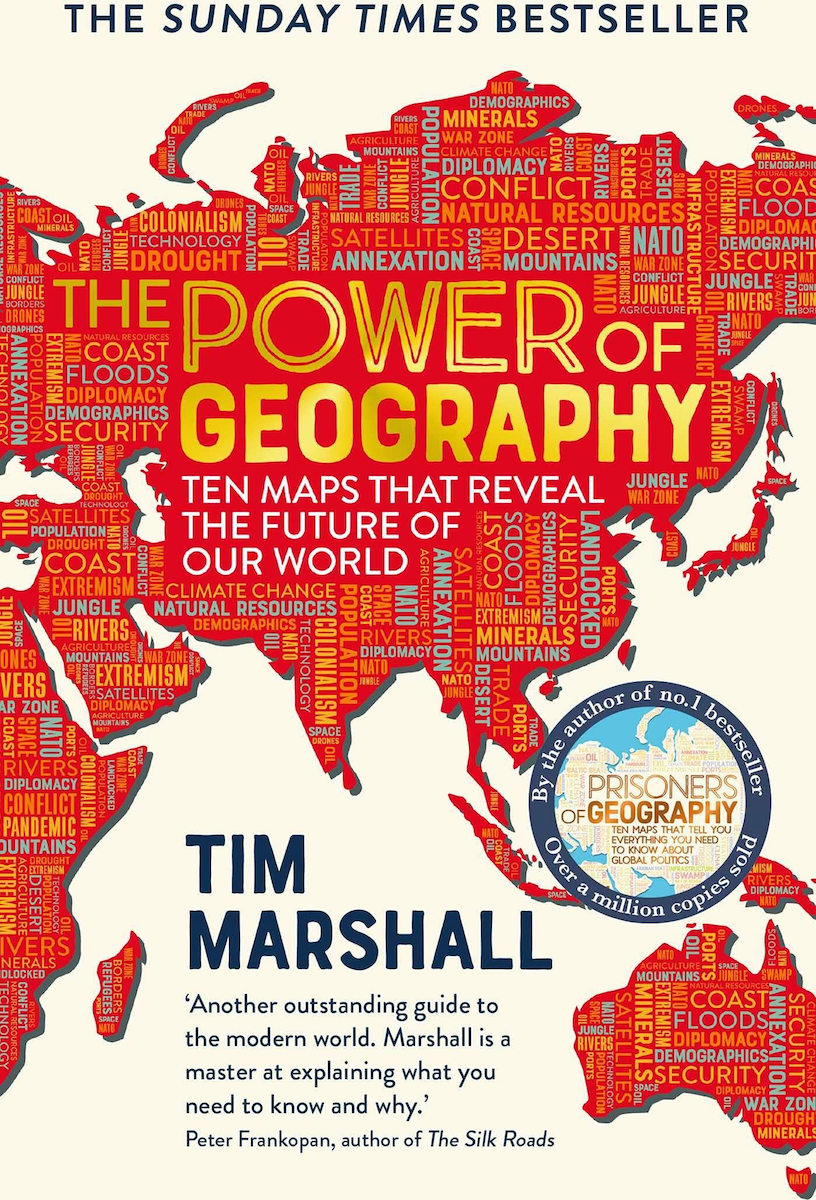
Innovative, compelling, and delivered with Marshall’s trademark wit and insight, this is “an immersive blend of history, economics, and political analysis that puts geography at the center of human affairs” ( Publishers Weekly). Tim Marshall, a bestselling author and noted authority on foreign affairs and geopolitics, talks about his newest book, 'The Power of Geography.' Our guest is Tim Marshall, a noted authority on foreign affairs and geopolitics whose previous books include 'Prisoners of Geography' and 'Divided: Why We're Living in an Age of Walls. Find out why US interest in the Middle East will wane why Australia is now beginning an epic contest with China how Turkey, Saudi Arabia, and the UK are cleverly positioning themselves for greater power why Ethiopia can control Egypt and why Europe’s next refugee crisis looms closer than we think, as does a cutting-edge arms race to control space. Now, in this “wonderfully entertaining and lucid account, written with wit, pace, and clarity” ( Mirror, UK), Marshall takes us into ten regions set to shape global politics. Since then, the geography hasn’t changed, but the world has.


Tim Marshall’s global bestseller Prisoners of Geography offered us a “fresh way of looking at maps” ( The New York Times Book Review), showing how every nation’s choices are limited by mountains, rivers, seas, and walls. For centuries China has tried to ensure that it could never happen.From the author of the New York Times bestseller Prisoners of Geography, a fascinating, “refreshing, and very useful” ( The Washington Post) follow-up that uses ten maps to explain the challenges to today’s world powers and how they presage a volatile future. It matters not whether India wants to cut off China’s river supply, only that it would have the power to do so.

China, a country with approximately the same volume of water usage as the USA, but with a population five times as large, will clearly not allow that. This would give India the commanding heights of the Tibetan Plateau and a base from which to push into the Chinese heartland, as well as control of the Tibetan sources of three of China’s great rivers, the Yellow, Yangtze and Mekong, which is why Tibet is known as ‘China’s Water Tower’.

If China did not control Tibet, it would always be possible that India might attempt to do so. Of course the border is really the Tibetan–Indian border – and that is precisely why China has always wanted to control it. “Very little trade has moved between China and India over the centuries, and that is unlikely to change soon.


 0 kommentar(er)
0 kommentar(er)
